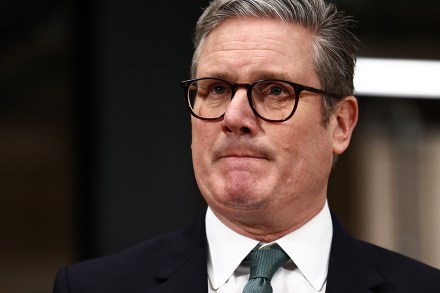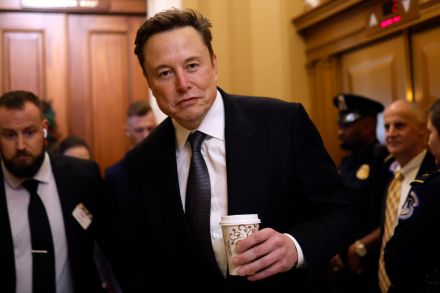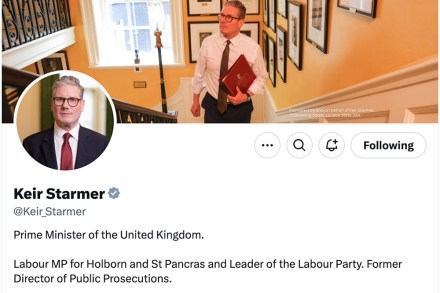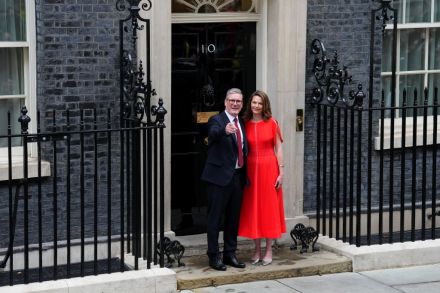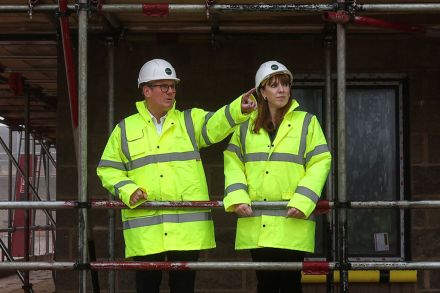The truth about Southport
When I first saw the headline I was highly optimistic. Sir Keir Starmer had identified the threat to society posed by ‘young men in their bedrooms’. What would follow, surely, must be a polemic in the style of Robert Baden-Powell or John Harvey Kellogg on the dangers of masturbation. It’s about time this was politicised, I reckoned – the terrible sapping of a young man’s strength and soul by the indiscriminate spillage of his precious bodily fluids. Perhaps Sir Keir would demand that parents order their wayward teenage offspring to put down the Kleenex, open the bedroom door, come downstairs and either eat a bowl of nutritious cornflakes or join




